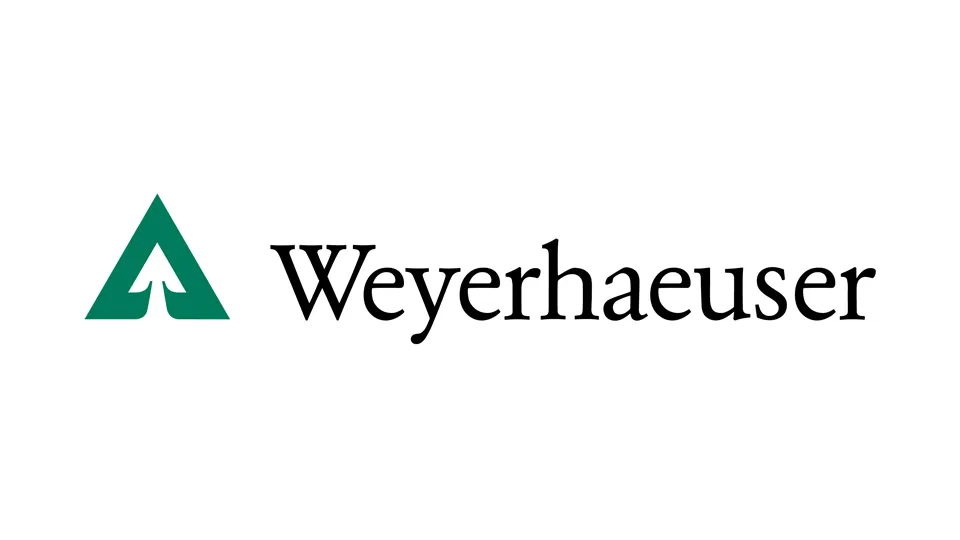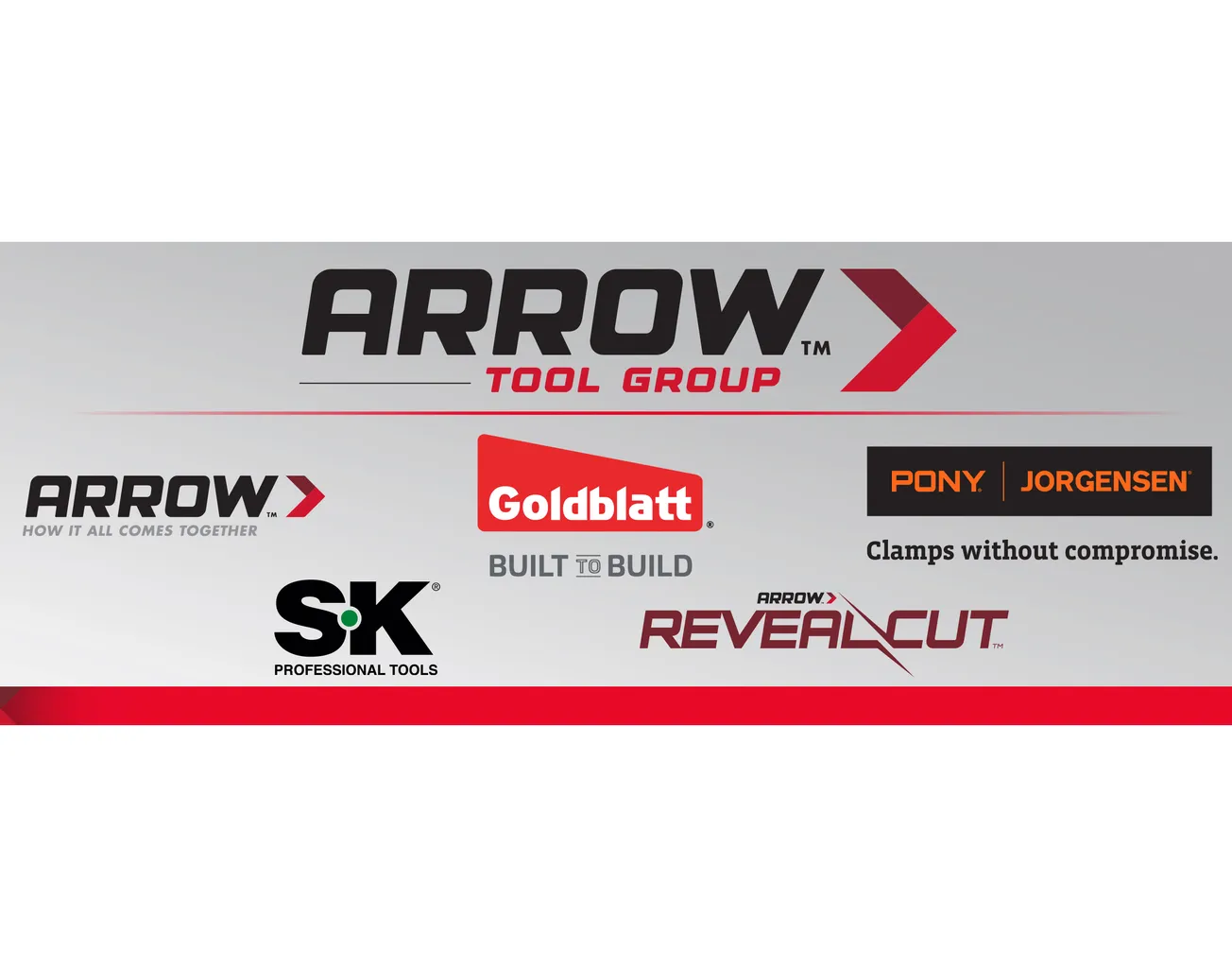Table of Contents
Listening is the secret weapon of sales. “If you listen to the customer, they will tell you how to sell them” is a sales adage I never believed until I started listening with rapt attention to customers. If we talk too much, interrupt, act nervous, or “are just there for the order,” our customers feel it and won’t open up and tell us what they truly want.
The opposite is also magically true. When our customers feel that we are truly listening to them—at the AVATAR I SEE YOU level—they will open up and tell us EXACTLY how to sell them. They open up because we are asking the right questions and listening but also because they want to keep us in their lives BECAUSE we listen to them.
Listening does not guarantee that we get the business every time, but it does guarantee that we will be in the running for the business, with an advantage, every time.
How Not to Listen
Interruptions by salespeople are the number one problem in sales. They obscure the true desire of the customer and KILL rapport. Why we interrupt:
1. We are nervous and uncomfortable with silence. Silence, like the number 0 or the rest in music or the pause in joke telling, is a part of speaking. We must be comfortable with silence.
2. We are excited. We want the darn order. We must slow down and move the customer to the closing conclusion at their pace.
3. We think the customer has stopped talking.
OK on objections. The automatic response of many sellers on objections is “OK.” OK says, “Your objection is correct, I give up” and/or “OK, OK, I got you… hurry up, so I can talk,” neither of which moves us to our goal.
Comment on (every) customer utterance. Nervous sellers, trying to build rapport, comment after each customer sentence. It is unnatural communication—we never do that in “real life” unless we are trying to mess with someone—and annoying to the customer. It is not active listening. “Mm-mm” or silence with a pause and a great follow up question is active listening.
Hijack the conversation:
Seller: “Hey, John, what did you do this weekend?”
Customer: “Played some golf. I had a great round and was….”
Seller: “Me, too. I played with a couple of buddies of mine… on the 17th I hit a drive you wouldn’t believe…” Ad nauseum… customer is upset for being interrupted AND bored to death.
How to Listen
Be prepared. While the customer is speaking, 90% of salespeople are thinking about what they are going to say, missing buy-signs and nuance in customers speech that give clues to what our customers (really) want to buy.
The Master Seller is prepared, thus able to give their customers rapt attention. The feeling that someone is truly listening helps (forces?) customers open up. It makes them root for us and help us in the process.
Pause at the end of customers’ sentences before speaking, ESPECIALLY on objections. Customers will often pause at the end of their sentences before they continue speaking, therefore we make it a habit to take a brief pause at the end of customers sentences before we begin to speak. Specifically, on objections, customers will often give an objection and if we HUSH UP, they will continue and give us the REAL objection. If we, like most sellers, jump in and start to overcome the objection before the customer finishes the last word in their sentence, our customer will not feel listened to and the REAL objection will still be in their heart but unknown to the objection-jumping salesperson.
The Follow-Up Question. The power tool of the Master Seller is the follow-up question. While the customer is speaking, think of an interested and interesting follow-up question. This is active listening at its best. The interested follow-up will open the flood gates of genuine conversation with our customers.
When we listen to our customers, they feel and appreciate it. We are able to play back to them at closing what they told us they wanted as we have moved through the sales process. This makes them want to buy from us.









